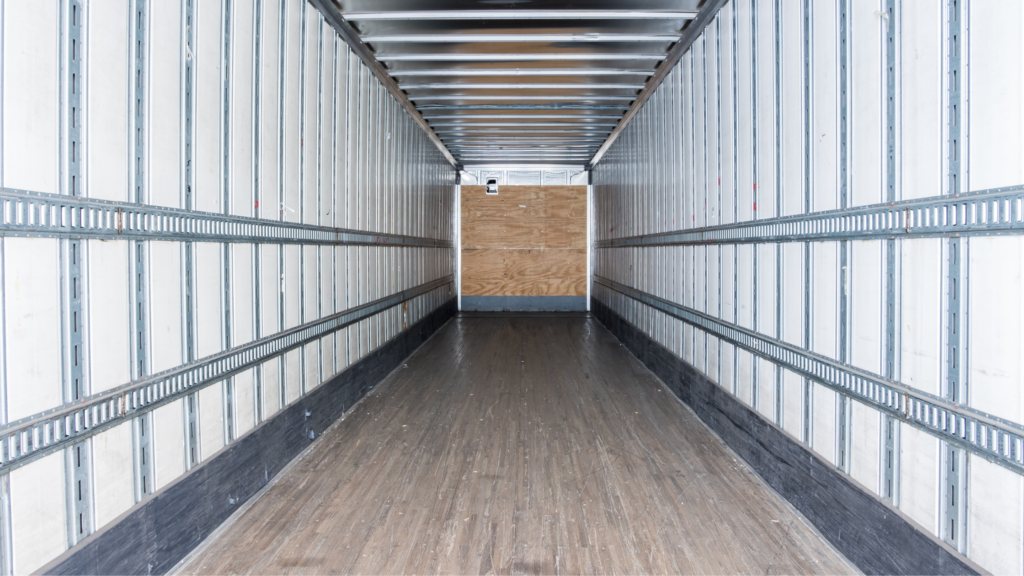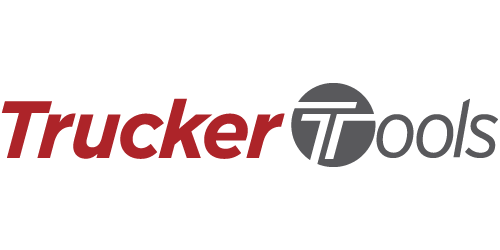In 2017 alone, trucks transported a total of $10.4 trillion worth of goods. While there are many ways to ship goods, using a dry van is one of the most popular options.
Dry vans are enclosed cargo spaces that offer a heightened level of security and protection to goods that are being transported. They’re especially popular for shipping consumer goods but can be used for other purposes as well.
If you’ll be shipping cargo with a dry van, however, you need to be sure that you secure your load properly. Here’s how you should secure cargo with dry van shipping.
Start By Inspecting the Trailer
When using dry van shipping, it’s important that operators complete an inspection and ensure that all parts of the vehicle are in working correctly.
Inspectors should be sure to remove any debris or items that have been left in the vehicle before loading cargo. Anything on the vehicle including paper, plastic, and other items should be picked up and removed.
If there are any loose objects in the trailer, then it could interfere with cargo space and cause problems while in transit, so a dry van operator should be sure to inspect the trailer before loading it up.
Verify Equipment Functionality
When securing cargo in a dry van, you need to be sure that all of the equipment in the truck is working properly. Everything should be functioning as it’s supposed to.
You need to check all tarps, tires, and tools that are on board and should also verify that the tailgate is working correctly. Ensure that all equipment has been secured including the doors and the tarps.
Always make sure that anything that’s used as part of the vehicle’s operation and cargo transport is secure and functional.
Pay Attention to Load Limits
You also need to pay attention to load limits. It’s important to check the load limit of your tie-downs and verify that you’re adhering to all load limits.
There are systems that keep cargo secure and these require load limits, so you need to be sure that you’re following them properly. The load limit should be a minimum of half of the cargo’s weight so that everything is secure.
Verifying that you have met all those limits is very important and is necessary to meet the cargo securement rules that are stated by the Federal Motor Carrier Safety Administration (FMCSA).
Stack Your Loads Correctly
When securing cargo for dry van shipping, you need to stack loads properly as well.
Verify that the heaviest items you’re transporting are placed at the bottom while the lighter items are placed on top. Doing this will help to ensure that driving the truck will go smoothly and that the driver will have plenty of control. It will help to ensure that there isn’t a risk of heavy items causing damage to lighter-weight cargo.
Distribute Cargo Evenly
In addition to stacking items properly, it’s also important to evenly distribute any cargo that you’ll be shipping.
The weight of your cargo should be spread evenly on your trailer’s axles. This will help prevent long-term damage to the van and will reduce the chances of vehicle handling problems.
An uneven load can cause many issues and could affect the tire tread and pressure and could cause axle problems as well. It could lead to your vehicle needing more maintenance. Your vehicle could become more costly to maintain and this can raise the operating costs of your business.
While it may seem like a small thing, spreading the cargo evenly along the axles is very useful and is important for securing your vehicle and ensuring that it works properly.
Make Use of Bracing and Blocking
If your load doesn’t fill up the entire trailer, then you should consider using bracing and blocking to compensate.
With branching and blocking techniques, you’ll use load bars, load straps, dunnage, friction mats, bracing, and blocking to stop cargo from moving around during transit. Using these tools to prevent the movement of cargo is helpful and will allow you to prevent damage during shipment.
Consider using bracing and blocking methods, if necessary, to ensure that your load is secure and stable at all times during transit.
Use Speed to Test Your Load
Once you’re on the road, you’ll want to test your load a bit to verify that it’s completely secure.
You can do this by altering your speed once you’re on the road and trying to detect whether the cargo has shifted at all. Check how the tires are doing when changing the speed of your vehicle and take note if the weight distribution doesn’t feel quite right.
If you’ve noticed any problems, then you’ll want to stop the vehicle and put some additional effort into securing the load.
Make Stops Along the Way
In addition to testing the load at the beginning of transit, you should also make additional stops along the way to your destination as well. This will allow you to check your cargo and verify that everything is still securely in place and that nothing has shifted.
If there have been any shifts during transit, then you can correct your cargo to ensure that your load is balanced.
Securing Dry Van Shipping Using These Tips
If you’ll be using dry van shipping soon, then you’ll want to be sure that you know how to secure it. Be sure to pay attention to load limits, evenly distribute your load, and use bracing and blocking to keep your load as secure as possible.
Have a question to ask? Connect with us now to learn more about what we can do for you.













